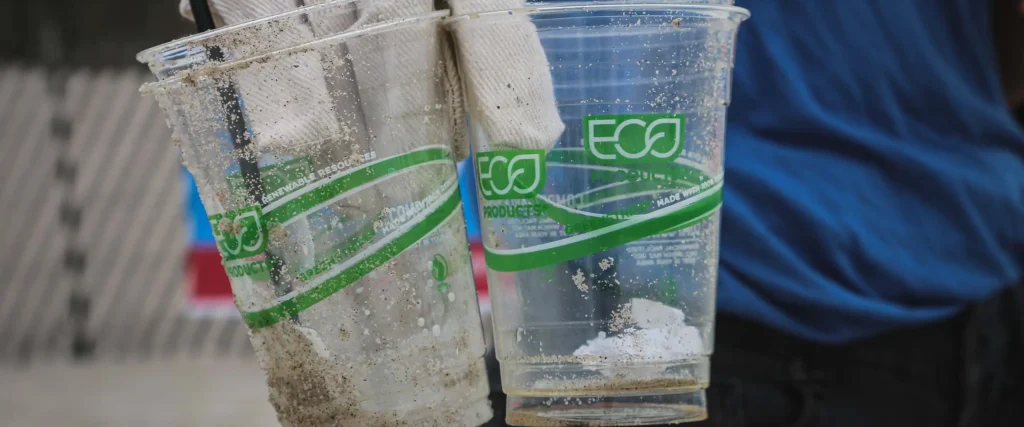The Central Consumer Protection Authority (CCPA) has recently unveiled draft guidelines aimed at curbing greenwashing practices.
Key points of the draft guidelines:
Definition:
- The draft guidelines describe greenwashing as any deceptive or misleading practice that involves concealing, omitting, or hiding relevant information.
- This includes exaggerating, making false or vague environmental claims, and using misleading words, symbols, or imagery.
- Greenwashing emphasizes positive environmental aspects while downplaying or concealing harmful attributes.
Applicability:
- Guidelines will be applicable to all advertisements and Service provider, product seller, advertiser, or an advertising agency or endorser whose service is availed for the advertisement of such goods or services.
Verification and Disclosure Requirements:
- All green claims must be substantiated by verifiable evidence.
- Full disclosures regarding claims should be made either directly, through QR codes, or web links.
- Generic claims like “environmentally friendly,” “green,” or “clean” are prohibited without ample substantiation.
Prohibition of Greenwashing:
- Strict regulations against individuals or organizations engaging in greenwashing.
- Disclosures related to green claims should be easily accessible to consumers and must not contradict relevant environmental claims.
Comparative Environmental Claims:
- Comparative claims between products or services must be based on verifiable and relevant data.
- Specific environmental claims should be substantiated with credible certification, reliable scientific evidence, and independent third-party verification.
Restrictions on Generic Terms:
- Usage of generic terms such as “clean,” “green,” “eco-friendly,” etc., requires adequate qualifiers, substantiation, and disclosure.
- Specific environmental claims such as carbon Offsets, carbon neutral, compostable, degradable, Free-of, sustainability claims, non-toxic, 100 per cent Natural, etc., the companies must be supported them with credible certification, reliable scientific evidence, or independent third-party verification.
Prescribed Disclosures by Companies:
- Companies making green claims must avoid selectively presenting data to favorably highlight environmental aspects while hiding unfavorable aspects.
- Clear definition of the scope of environmental claims, specifying whether they relate to products, manufacturing processes, packaging, product usage, disposal, services, or service provision processes.
Aspirational or Environmental Claims:
- Aspirational or future environmental claims are acceptable only when accompanied by clear and actionable plans outlining how these objectives will be achieved.
Exemptions and Stakeholder Engagement:
- The guidelines do not apply to advertisements or communication not specific to any product or service.
About Central Consumer Protection Authority (CCPA):
- The CCPA is a regulatory authority established in 2019 to protect the rights of consumers.
- The CCPA’s primary regulatory powers include:
- Issuing guidelines to prevent unfair trade practices
- Protecting consumer interests
- Regulating matters relating to violations of consumer rights
- Regulating matters relating to unfair trade practices
- Regulating matters relating to false or misleading advertisements
Ref: Source
| UPSC IAS Preparation Resources | |
| Current Affairs Analysis | Topperspedia |
| GS Shots | Simply Explained |
| Daily Flash Cards | Daily Quiz |



